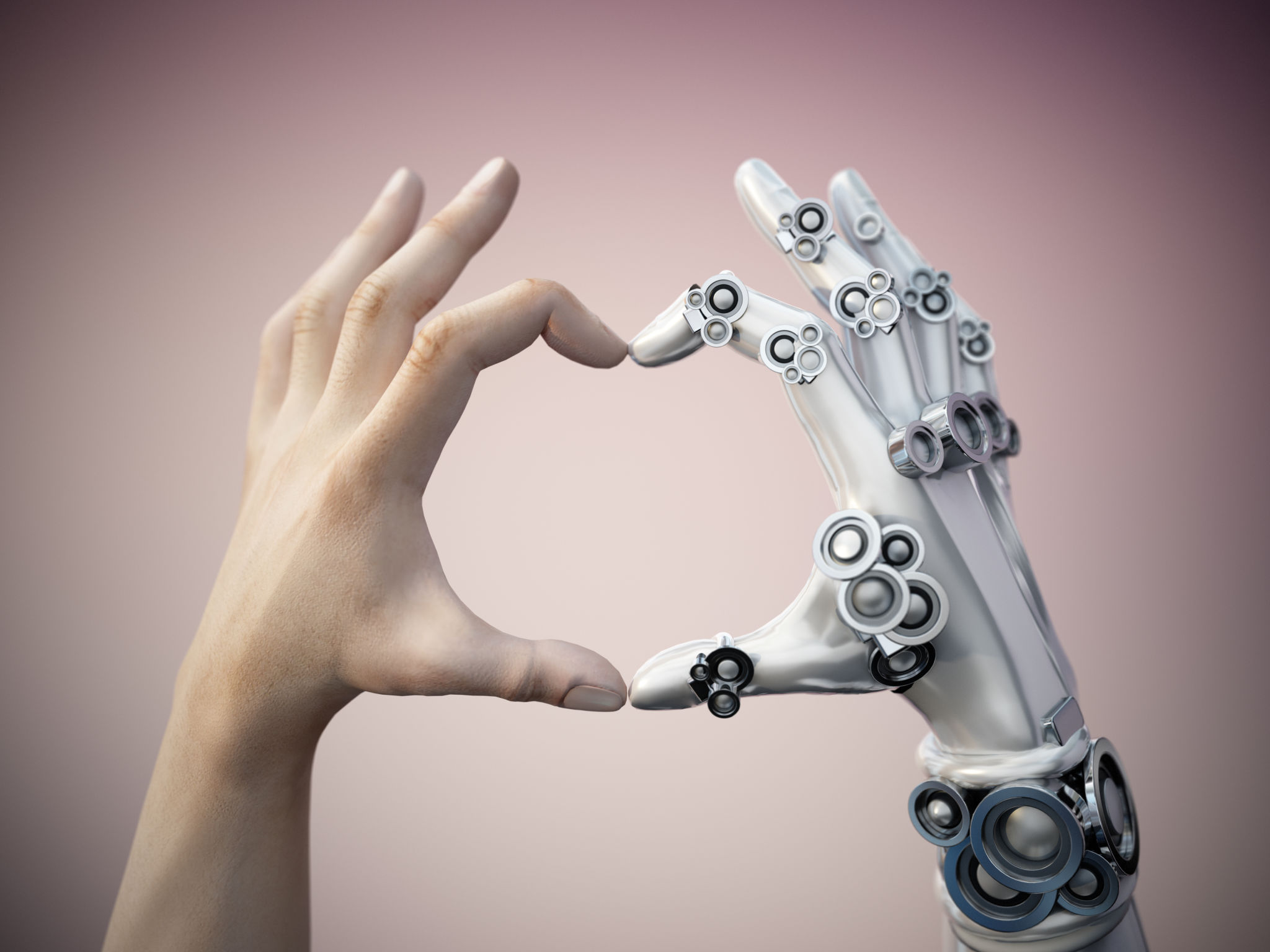The Future of AI Research: Trends and Innovations
Introduction
The realm of artificial intelligence (AI) is rapidly evolving, continuously pushing the boundaries of what technology can achieve. As we look towards the future, several key trends and innovations are set to define the trajectory of AI research. These developments promise to not only enhance the capabilities of AI but also broaden its applications across various industries.

Advancements in Machine Learning
Machine learning remains a cornerstone of AI research, with ongoing advancements making it more powerful and versatile. One significant trend is the development of unsupervised learning techniques, which allow machines to learn from data without requiring labeled inputs. This approach is expected to accelerate the pace of AI innovation by reducing the need for human intervention in data preparation.
Another exciting area is transfer learning, where models trained on one task are adapted to perform related tasks. This method enhances efficiency and effectiveness, enabling AI systems to quickly adapt to new challenges.
Deep Learning Innovations
Deep learning continues to evolve, with researchers exploring new architectures and algorithms to improve performance. The emergence of neural architecture search (NAS) has opened up possibilities for creating optimized neural network structures automatically, leading to more efficient and accurate models.

AI in Edge Computing
Edge computing is gaining traction as a means to bring AI capabilities closer to the source of data generation. By processing data locally on devices like smartphones and IoT gadgets, edge computing reduces latency and enhances data privacy. This trend is expected to facilitate real-time AI applications in sectors such as healthcare, automotive, and smart cities.
Additionally, edge AI is empowering devices with limited resources to perform complex tasks, paving the way for innovations in consumer electronics and beyond.
AI-Driven Automation
Automation powered by AI is transforming industries by streamlining processes and increasing efficiency. From manufacturing to customer service, AI-driven automation is enhancing productivity while reducing costs. The integration of AI with robotic process automation (RPA) is particularly noteworthy, as it enables the automation of repetitive tasks across different domains.

The Role of AI in Sustainability
As concerns about climate change and sustainability grow, AI is being harnessed to address these global challenges. Innovations in AI are driving advancements in energy management, waste reduction, and resource optimization. By analyzing vast amounts of data, AI systems can identify patterns and provide insights that lead to more sustainable practices.
Moreover, AI is playing a crucial role in developing smart grids and renewable energy solutions, contributing to a more sustainable future.
Ethical Considerations and Responsible AI
With the rapid advancement of AI technologies, ethical considerations have become increasingly important. Researchers are focusing on developing responsible AI frameworks that prioritize transparency, accountability, and fairness. Ensuring that AI systems do not perpetuate biases or infringe on privacy rights is paramount for fostering trust and acceptance among users.

Conclusion
The future of AI research holds immense potential for innovation and transformation across diverse fields. From breakthroughs in machine learning to the integration of AI with edge computing, these trends are set to redefine how we interact with technology. As we navigate this evolving landscape, it is crucial to prioritize ethical considerations and sustainability to ensure that AI serves as a force for good in society.
By embracing these trends and innovations, we can look forward to a future where AI enhances our lives in ways we have yet to imagine.
